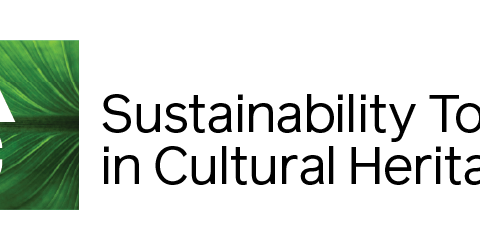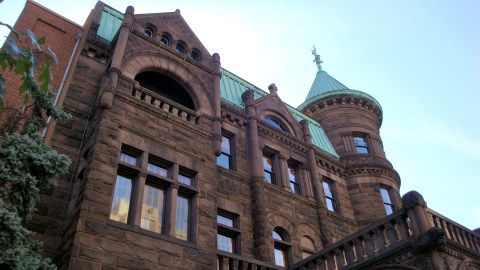In a recent article in the Atlantic, Derek Thompson refers to work as the “unofficial religion of America.” Thompson is the latest in a long lineage of prognosticators envisioning a future in which most people don’t have to work, or don’t have to work very much. In the 1930s, economist John Maynard Keynes predicted we would be working a 15 hour week within the century. Keynes was wrong (at least about the timeframe) but Thompson is confident we are finally on the cusp of a radical shift in how, and how much we work to meet our basic needs.
Which, he admits, may not necessarily be a good thing.
In the worst case, automation and advanced computing leads to massive unemployment and poverty. In the best case, advanced in robotics and computing radically reduce the price of goods and services to the point that people don’t need to work much to support themselves in any case. Thompson envisions “a happy, thriving community of creative types creating delightful things for each other,” rather than a bunch of bored, frustrated, hungry sloths.
“Many jobs may be terrible,” Thompson observes, “but there is something about work that is worth saving.”
Thompson’s arguments (in the article, and the video, below) caught my attention because it seems to me many of the motivations that lead people to work at all, in the Utopian future he foresees, are the same motivations that lead people, including museum folk, to work in the relatively under-compensated nonprofit sector, Thompson sees the end of work as opening up “room to find jobs that align with purpose, and fulfillment.” Which is kind of what we’ve done in our own lives, already, right?
Your Futurist Friday assignment, watch this interview with Thompson [a bit under 6 minutes], and ask yourself:
- What is work, and why do we do it?
- What stands in the way of your being happy about your work?
- Do you agree with Thompson that creating this positive future (a new landscape of work) requires government intervention, or can we as individuals, and through our organizations, build it for ourselves?








